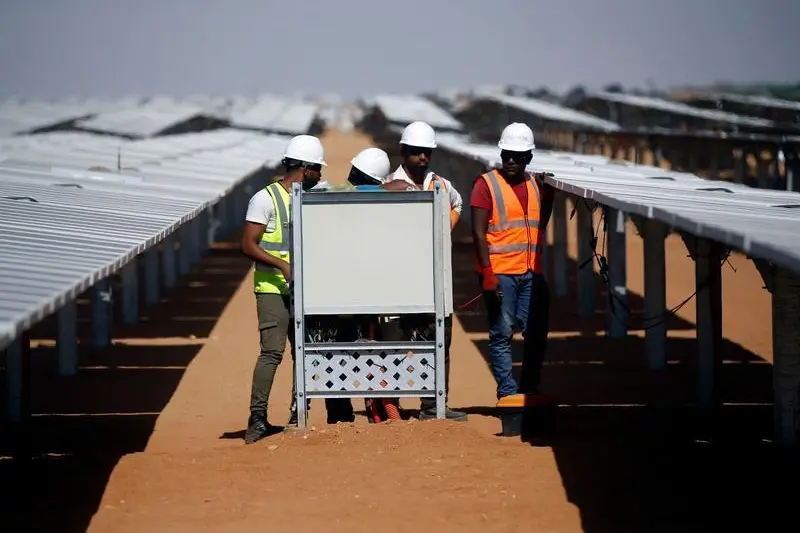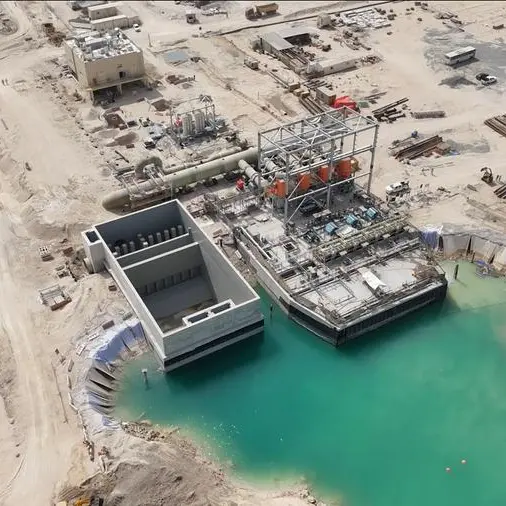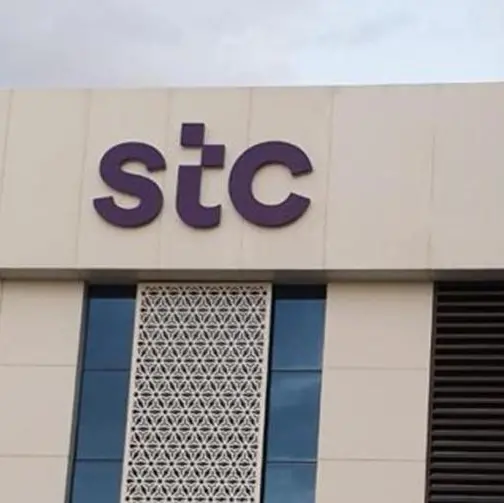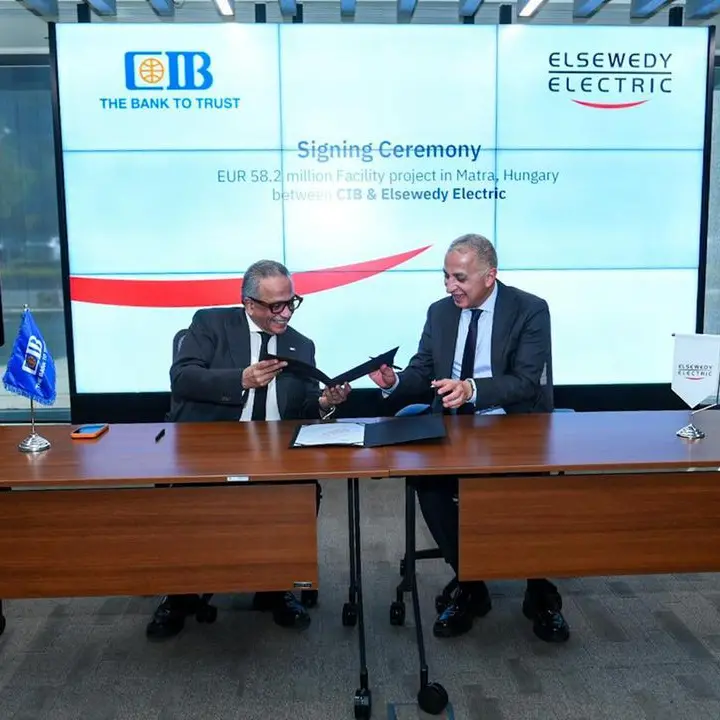PHOTO
The European Bank for Reconstruction and Development (EBRD) and French development agency, Proparco have joined hands to co-finance the construction and operation of two solar photovoltaic (PV) power plants in the areas of Tozeur and Sidi Bouzid in Tunisia, EBRD announced on Tuesday.
EBRD’s financing package consists of a [non-recourse] loan of up to €12.5 million, a concessional tranche of $ 8.9 million (€8.2 million) extended by the Clean Technology Fund (CTF) and $ 5.0 million (€4.6 million) provided by the Global Environment Facility (GEF), the Bank said in a statement.
While the statement didn’t mention the financing extended by Proparco, Project Summary Documents from EBRD indicated a loan of €15 million.
The PV sites will be connected to STEG’s 225 kV transmission network via double circuit overhead transmission lines (OHTL) of 5.5 km for Sidi Bouzid and 1.4 km for Tozeur, that would be financed by the project sponsors and designed, built, operated, and owned by STEG.
Aeolus is also supported through the political risk insurance provided by the Multilateral Investment Guarantee Agency (MIGA) of the World Bank Group.
MIGA said the guarantee covers the equity, shareholder loan, and/or quasi-equity investments of the Guarantee Holders in the Projects with an amount up to €52.25 million against the risks of Transfer Restriction and Currency Inconvertibility, War and Civil Disturbance, Expropriation, and Breach of Contract for a period up to 20 years.
Toyota Tsusho, which owns Aeolus, said the project has been selected by the Ministry of the Environment, Japan for Financing Programme for Joint Crediting Mechanism (JCM) Model Projects in fiscal 2023. The programme provides financial supports covering up to half of the initial investment costs.
The purpose of this model projects is to financially support the implementation of projects which reduce GHG emissions by utilising leading decarbonising technologies in developing countries, and in return, to acquire JCM credits for achievement of Japan’s GHG emission reduction and the partner countries' emission reduction target.
The funding, which will be received post commercial operation date (COD), will effectively reduce the equity partners funding need to approximately 15 percent, Scatec had noted.
(Editing by Anoop Menon) (anoop.menon@lseg.com)
Subscribe to our Projects' PULSE newsletter that brings you trustworthy news, updates and insights on project activities, developments, and partnerships across sectors in the Middle East and Africa.





















